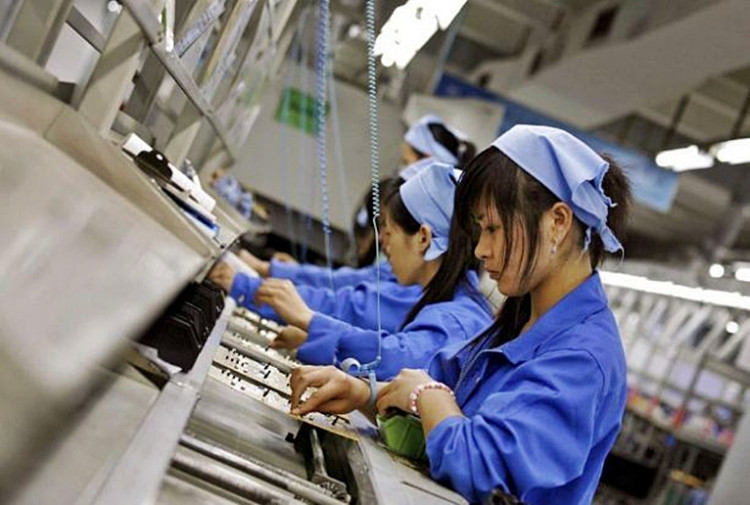There will be no hard landing for China's battered economy in 2018 despite the multiplicity of the immense challenges roiling it. A soft landing is more likely given Beijing's control of the country's economic levers.
Morgan Stanley, the American multinational investment bank and financial services company said it isn't expecting any major growth correction because it thinks the potential impact from the tariff war with the United States will be partially cushioned by the policy easing measures to be taken by Beijing, said Robin Xing, chief China economist at Morgan Stanley.
A hard landing is traditionally defined as an economy rapidly falling into recession. It often occurs after a government has aggressively tightened policy to cool inflation. It can also occur if an economy suffers abrupt internal or external shocks such as a trade war.
Beijing's making the correct decisions is now more urgent since both the U.S. and China two weeks ago imposed tariffs on $16 billion worth of each other's goods. Both countries also imposed retaliatory taxes on $34 billion worth of each other's imports in July. The U.S. is now threatening to tax $200 billion worth of Chinese exports before the year ends.
Xing believes that if the U.S. goes ahead with the $200 billion in additional levies, their impact might be magnified by how connected supply chains in East Asia are to China. Trump's trade war and its disruption of the supply chains vital to world commerce stands to slice 0.7 percentage points from China's growth, according to Xing.
Preventing this from occurring means Beijing has to initiate more drastic easing measures such as tax cuts; further slowing down its deleveraging campaign and making more credit and liquidity available to China's small and medium enterprises which are the hardest hit by the trade war.
Xing confirms China's economy is already weakening as a result of the punishing U.S. tariffs. Beijing will move to cushion the impacts of the trade war in September and October by issuing new bonds. Higher infrastructure spending in the fourth quarter will mitigate succeeding impacts from the U.S. tariffs.
Surprisingly, Beijing will neither cut interest rates nor ease-up on policies that keep the property bubble in check, claims Xing.
Even though there are many concerns about debt in China, Xing said the easing this time will be "defensive" and not as "massive" as recent stimulus such as what was injected in 2008 during the global financial crisis.
But despite his sanguine outlook on China's economy for the year, Xing admits that Morgan Stanley expects China's GDP growth will decelerate to 6.4 percent in the first half of 2019 from the official 6.8 percent figure for the first half of this year.





